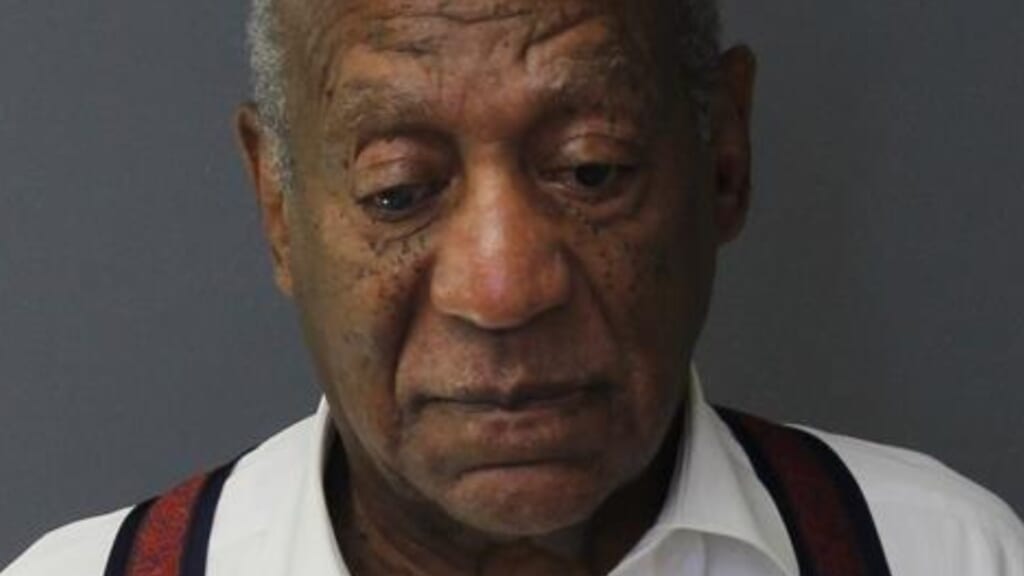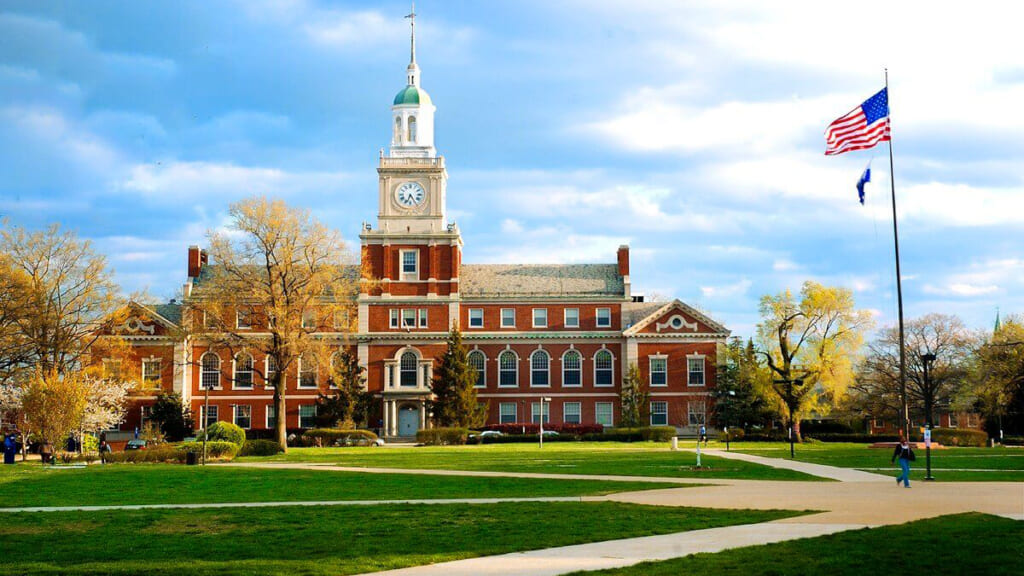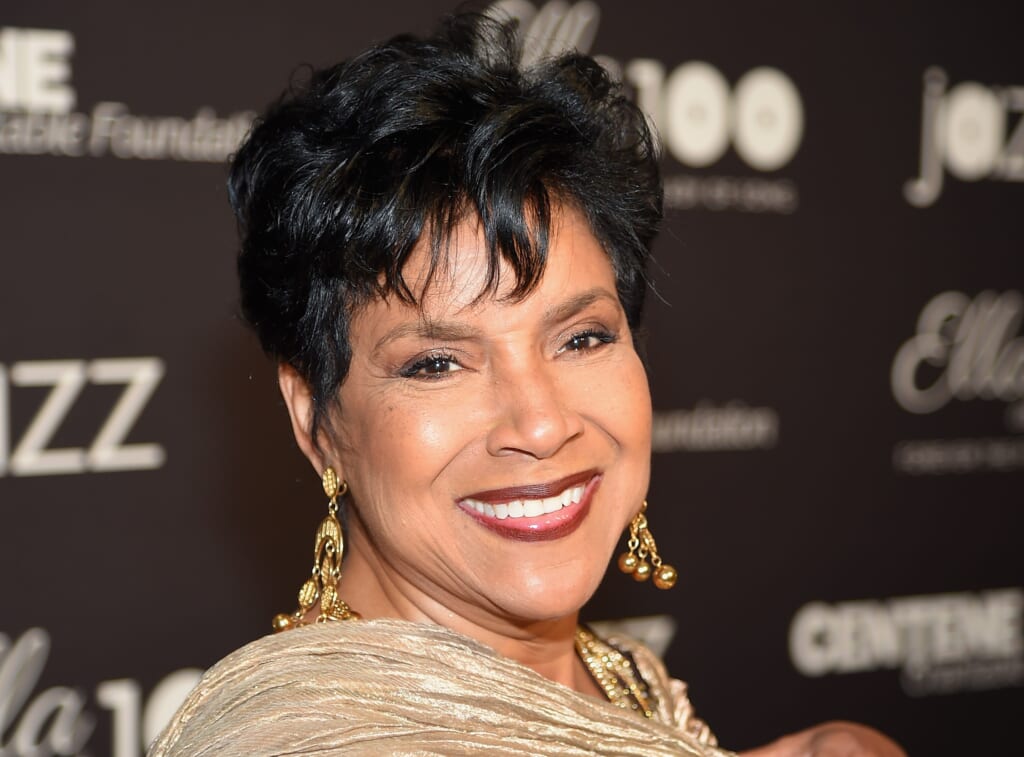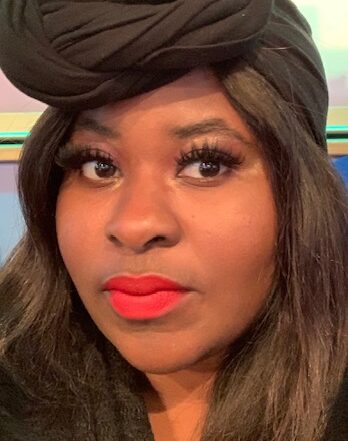Why Phylicia Rashad’s statement on Cosby was dangerous and revictimizing
OPINION: Rashad’s remarks bring into question her recent Howard appointment, especially given sexual assault and violence continue to be one of the most serious issues facing college campuses and universities
I remember when we first started hearing about the rash of Bill Cosby accusations in the early 2000s and again in 2014, and thinking back to a comedy show, featuring him, I had seen in my hometown sometime in 2010 or 2011. It was a stand-up show, though he actually sat down throughout.
At the time, my mom was a board member of the local theater and had two complimentary tickets that she gave to me and a girlfriend. It was meant to be a fun little local outing for us, then late 20-something ladies. Cosby wore his classic gray sweatsuit, and the show overall was OK I guess. What we remember most, both then and now, was how many sexual innuendos and “jokes” he made for such an older man. At best, it was a little creepy. At worst, as I later realized was the case, it indicated something more sinister.
The resurfaced allegations, of which there were plenty, but most of which fell outside the statute of limitations, lead initially to a hung jury trial in 2017. In 2018, Cosby was retried, convicted and sentenced to three to ten years in prison; it was a highly public victory for the #MeToo movement. There was, at last, some semblance of justice, and the millions of us, who have been victims of sexual abuse and violence, could perhaps breathe a single sigh of relief.

Case closed, or so we thought.
Yesterday, however, based solely on a technicality, the Pennsylvania Supreme Court overturned Cosby’s conviction, and he was freed after serving just two years of his sentence.
I took a midday nap yesterday as I often do. And like some afternoons, when I awoke, it was to the latest trending news. Exhausting to say the least, I’m happy I heeded my need for rest first. I’d like to say that I was surprised. Perhaps I was (or am), though if I am, I’m not sure why I would be. The ruling which overturned Cosby’s rightful conviction is yet another example of how the “justice system” often fails victims. Personally, I’ve never had much confidence in our courts so color me shocked, but what I find more personally and morally abhorrent, are people who, for whatever reasons, choose to firmly stand on the wrong side of history.
Phylicia Rashad, for example, who played Cosby’s wife, “Claire Huxtable” on The Cosby Show and was once named “The Mother Of The Black Community” by the NAACP Image Awards, couldn’t wait to disappoint, tweeting: “FINALLY!!!! A terrible wrong is being righted- a miscarraige of justice is corrected!” Amid all her accomplishments, and despite having been recently appointed dean at Howard University’s College of Fine Arts, she’ll still stan for a disgraced Black man.
The royalty checks must be really good.
Let’s be clear. A jury of his peers and a court of law found Cosby guilty and convicted him. Nothing can undo that fact and being let go due to a technicality does not equate to exoneration. In fact, the technicality technically stems from the fact that Cosby was granted some form of immunity for participating in a prior deposition, in which he openly admitted to drugging and raping multiple women.
Despite that, he’s proclaimed his innocence and has never taken accountability nor atoned for the heinous acts he willingly committed over the course of decades. How that translates into cause célèbre for Rashad or anyone else is beyond my scope of understanding.
Though she’s since tweeted out a clarifying statement, likely at Howard’s behest, Rashad’s initial remarks bring into question her recent appointment, especially given that sexual assault and violence continue to be one of the most serious issues facing college campuses and universities; environments wherein instances of rape, in a reflection of wider society, go largely underreported and unpunished. Personally, I’d have serious concerns if I were a student, or parent of a student returning to that campus in the fall.

Cosby is but one man, albeit with a slew of allegations against him, and this is but one case, amongst what should arguably be a myriad of others, but the implications are far broader. Cosby’s conviction was overturned due to what’s essentially prosecutorial error, but it reignites public debate not just about Bill Cosby, but about everyone who has or will ever stand accused of sexual assault, and of the question as to whether or not to believe the brave men and women, who decide to speak out. Statements like Rashad’s are dangerous because they add fuel to the fire for segments of society who hate and discriminate against women and who love to lend support to proven sexual predators.
What’s more, we know that it further silences and marginalizes victims of sexual violence when we also know that victims are already unlikely to go public or go to the police in the first place. Many have never told anyone at all, and some may ultimately decide to take their stories to the grave. Events like Wednesday’s ruling, coupled with irresponsible social commentary like Rashad’s, do little to instill confidence or inspire hope in ever coming forward.

The battle for even a morsel of justice in cases of sexual assault is usually hard-fought and even harder won. In Cosby’s case, more than 60 women came forward with similar tales of predation, only for folks like Rashad to pretend like where there’s smoke, there isn’t also fire. And again, it was only a legal loophole that allowed him to go free. Meanwhile, victims are revictimized when they’re forced to reopen old wounds and re-litigate some of the most harrowing moments of their lives.
Rather than a watershed, this case is sadly turning out to be more of the same.
Social movements for progressive change always seem to go through the figurative “two steps forward, one step back.” And while it’s hugely disappointing, I know that this is but one setback. My heart goes out to those of us who are continually let down: by society, by the legal system, and by supposed elders and icons of our communities.
To those who may feel afraid, ashamed, angry, disappointed or sad, know that yesterday, today and every day I, and an innumerable number of others, stand with you. #MeToo.

Thameka Thompson has a B.A in African American Studies from Yale University. Based in the New York/New Jersey area, she is a freelance writer, and owns a spiritual practice.
Have you subscribed to theGrio’s “Dear Culture” podcast? Download our newest episodes now!
TheGrio is now on Apple TV, Amazon Fire and Roku. Download theGrio.com today!
The post Why Phylicia Rashad’s statement on Cosby was dangerous and revictimizing appeared first on TheGrio.
from TheGrio https://ift.tt/3xdcl8j
No comments: